Escuelas y talleres
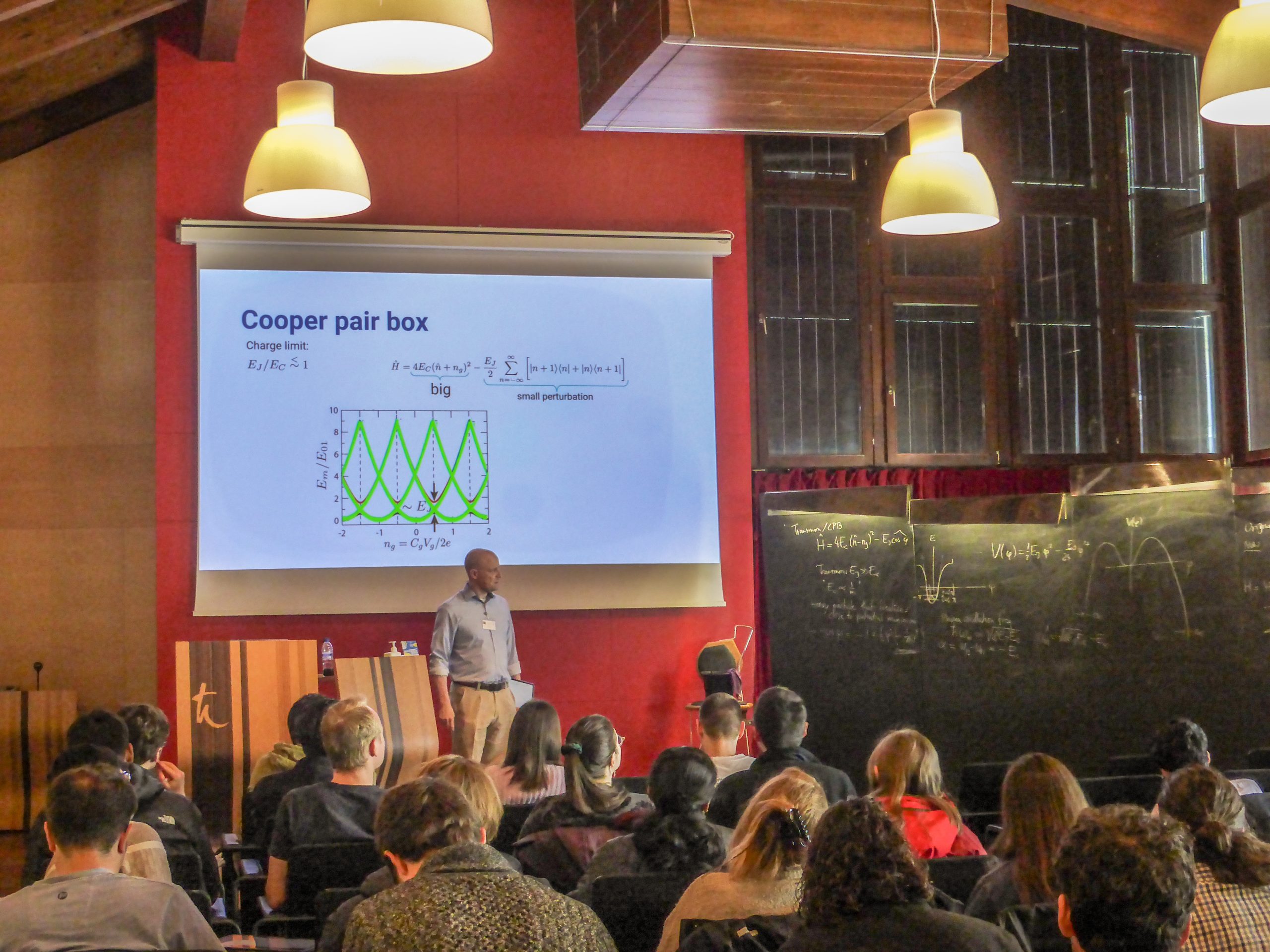
Spring School on Superconducting Qubit Technology
Quantum computing based on superconducting qubit technology is currently one of the leading platforms in the race towards quantum utility. It is a highly multidisciplinary field and requires expertise in subjects like microwave engineering, circuit design, nanofabrication, measurement technology, quantum optics and metrology, as well as cryogenics.
Women for Quantum 2025
After two successful editions of the Women for Quantum workshop, we are pleased to announce the third one. In the last two years we have shared our experiences and views on the glass ceiling problem and uncomfortable working environments for women in science, identified causes and possible strategies for real change, created a large network of senior scientists and published our Manifesto of Values, see Women 4 Quantum.
This third edition of «Women for Quantum» will bring together a growing team of senior women quantum physicists not only to share their professional experiences and the results of their experimental and theoretical research, but also to take the next major steps in our roadmap towards a structured organisation and defining impactful initiatives that can make a real difference.
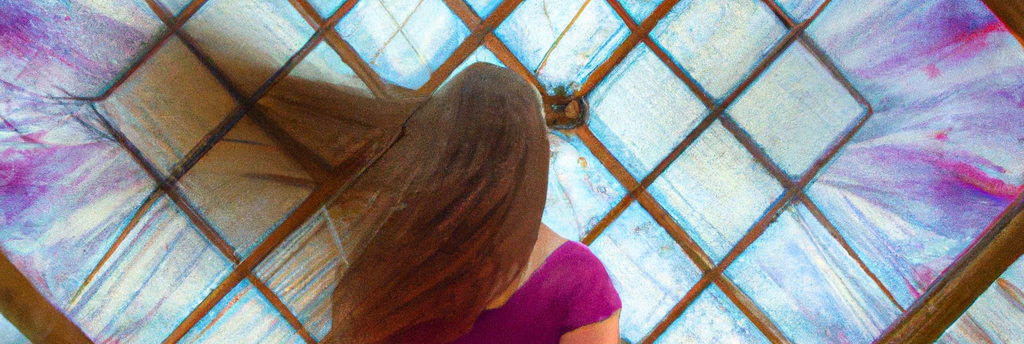
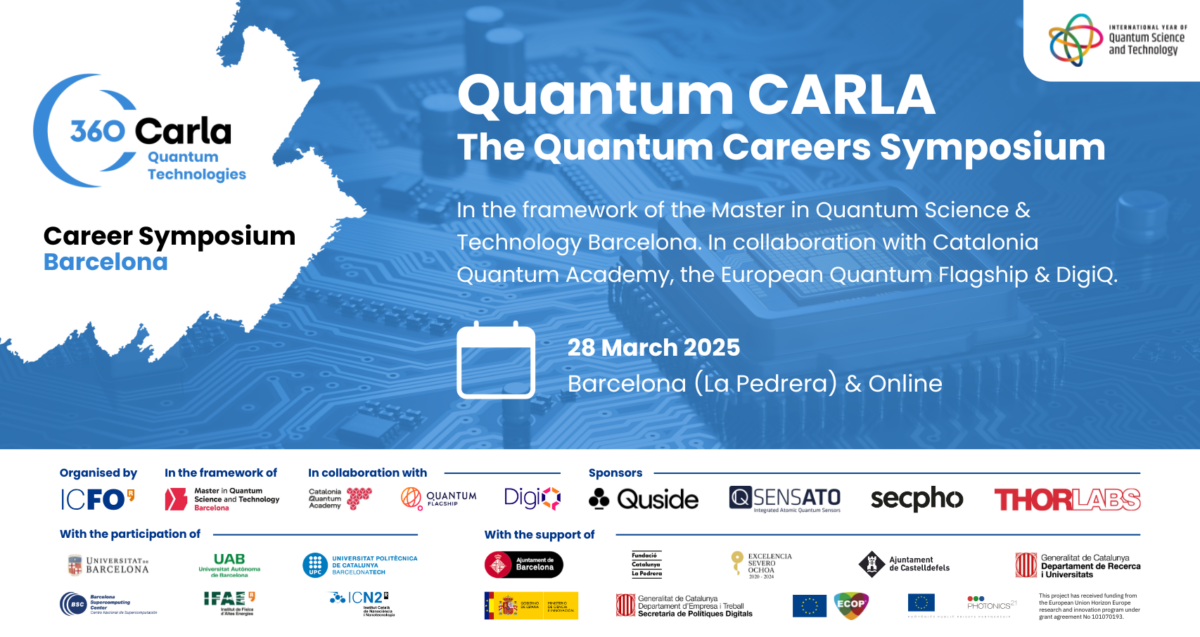
360 CARLA Symposium Barcelona
The Quantum CARLA targets STEM undergraduates, master students, and early-stage researchers, who are invited to participate and get a glimpse of the career paths and job opportunities available.
This symposium is organized by ICFO within the Quantum Flagship initiative and the 360 CARLA project, in the Quantum Technologies and Communications vertical dedicated to careers in quantum science and technologies, in the framework of the Master in Quantum Science and Technology Barcelona and in collaboration with the European project Digitally Enhanced Quantum Technology Master (DigiQ), and the Catalonia Quantum Academy.
ICFO Spring School on Open-Source Tools for Quantum Science & Technology
This Spring School aims to provide students with a practical introduction to software and hardware tools for both theory and experiments in quantum sciences & technology, including applications in computation & simulation, communications, and sensing.
The program will offer a combination of hands-on lectures and & tutorials led by researchers from ICFO and academic and industry experts and will cover a range of topics aimed at introducing students and researchers to a variety of open-source tools, as well as their use in cutting-edge research and industry.
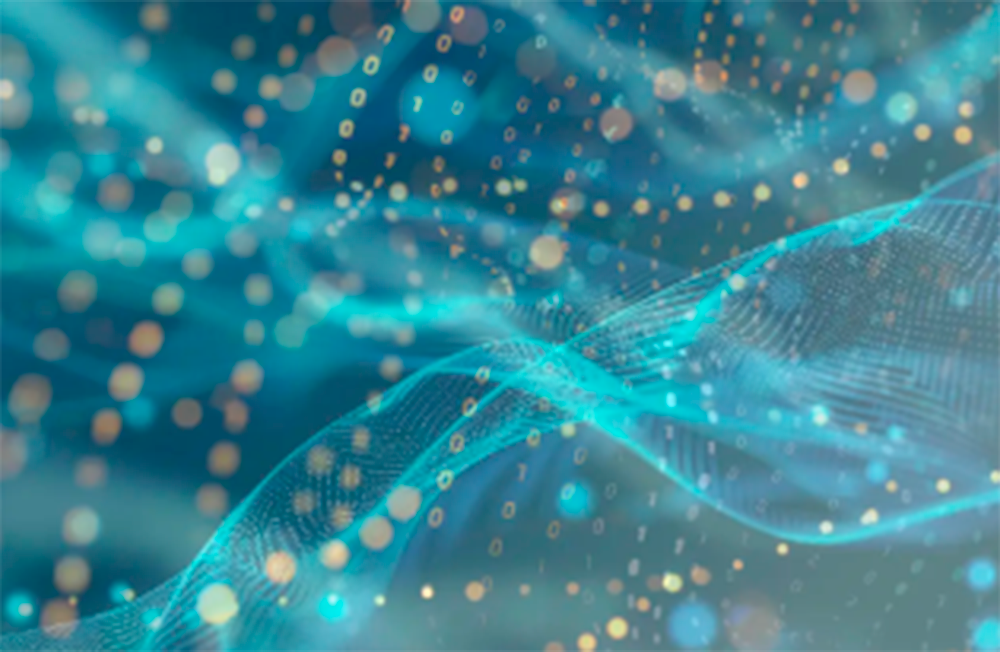
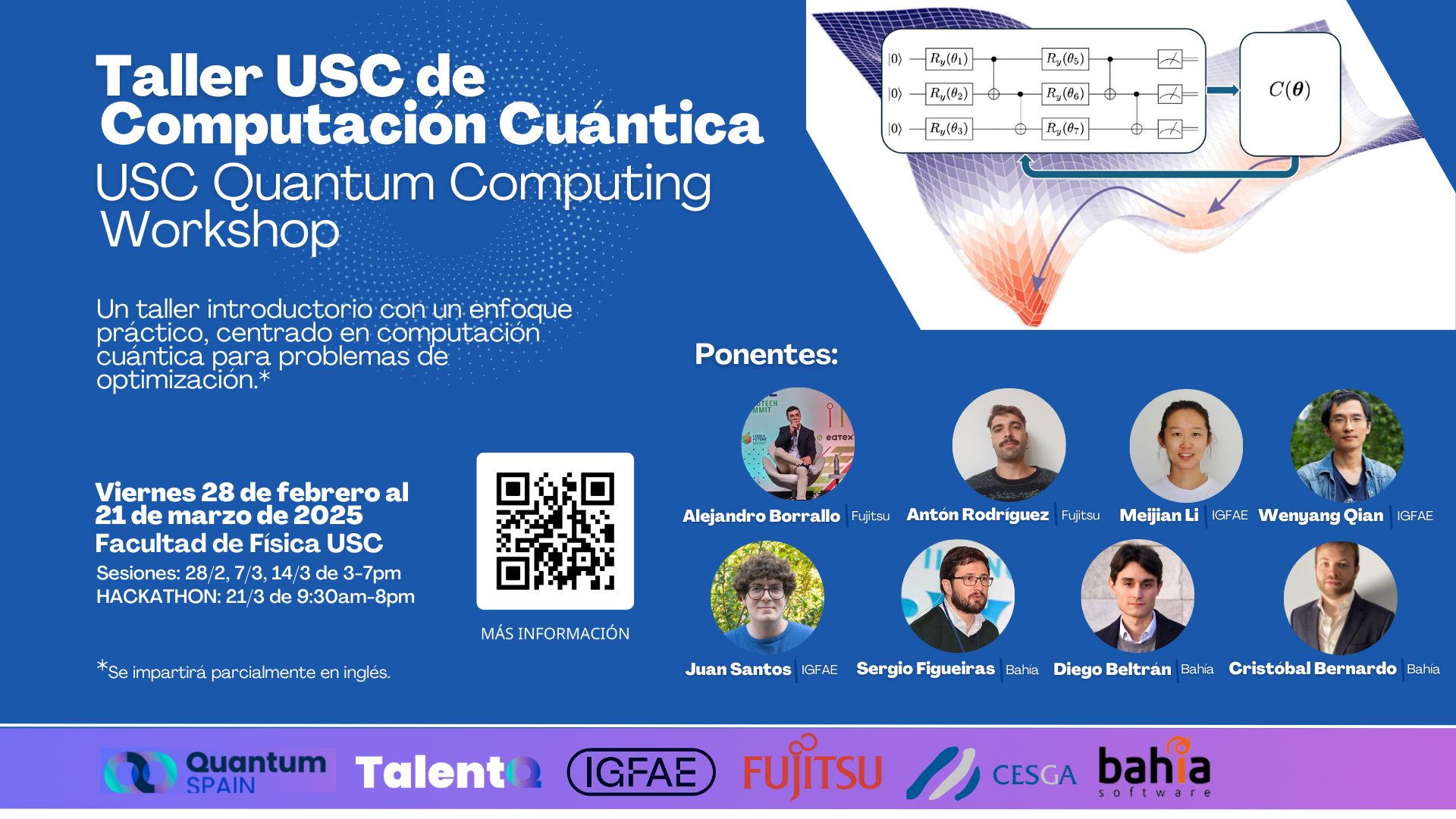
USC Quantum Computing Workshop
Quantum Computing will allow, when sufficiently mature, to address problems whose complexity scales exponentially and are, therefore, beyond the reach of classical computing resources.
The advent of fully functional quantum computers is still some years ahead. Meanwhile, a class of strategies have been put forward in order to profit from the available infrastructures.
In this workshop we will show how to make use of those strategies in order to tackle real problems. The program will include both theoretical lectures as well as hands-on sessions. It will end up with a Hackaton where teams will address a particular set of proposed projects.
An introduction to Quantum Machine Learning for curious (non) experts
February 20th, 2025. | ETSE – Universitatde València
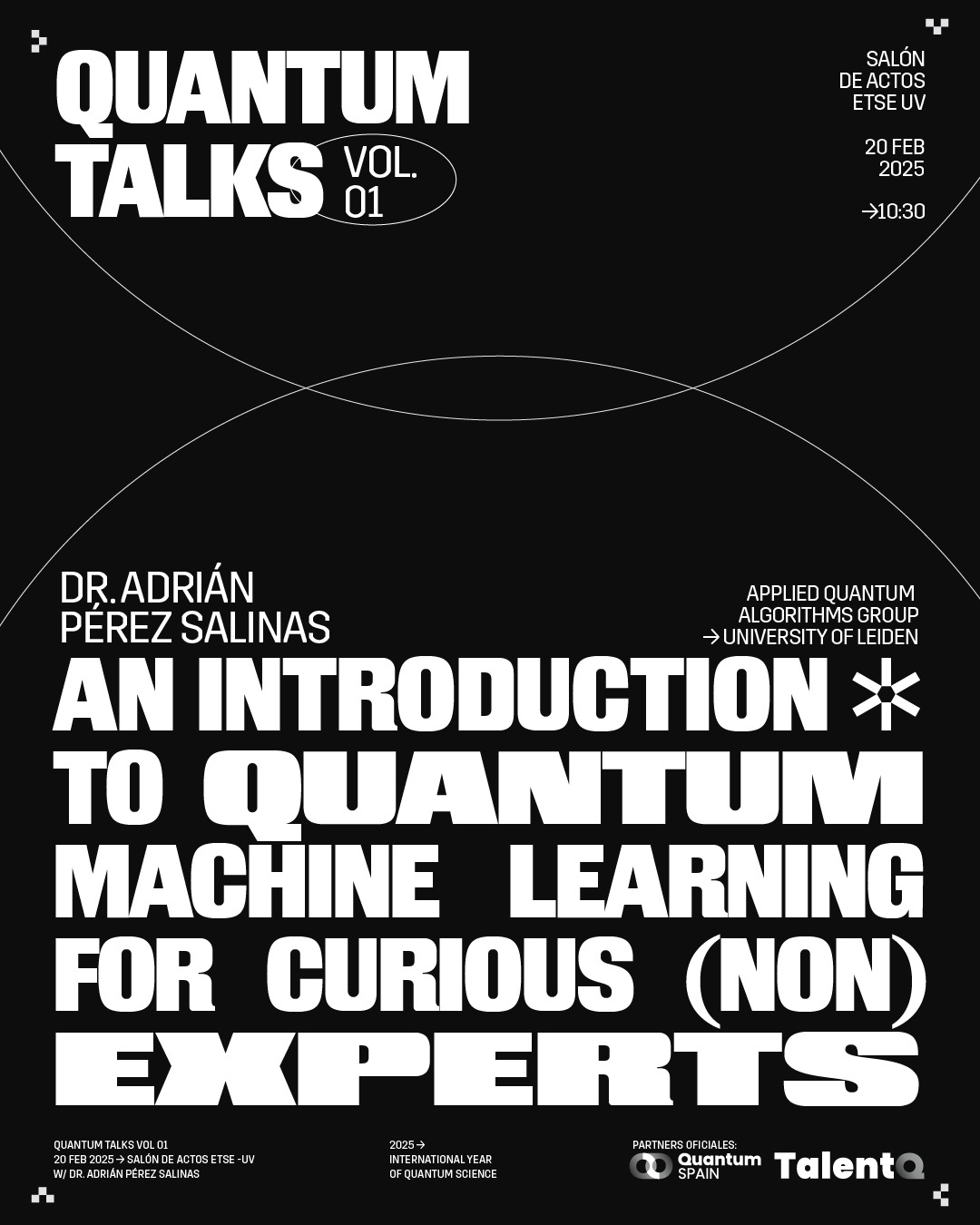

Iniciación a la Computación Cuántica
La computación cuántica es un nuevo paradigma de computación que aprovecha las propiedades cuánticas de la materia para realizar cálculos de una forma potente y eficiente. Desde sus inicios en los años ochenta hasta la época actual, la computación cuántica se ha desarrollado hasta situarse como una herramienta capaz de resolver problemas hasta ahora inalcanzables para la computación clásica.
En este curso se imparte una introducción a los fundamentos básicos de la computación cuántica partiendo desde cero. Se tratan también aspectos actuales como Quantum Machine Learning o el estado actual de las tecnologías relacionadas con la computación
QTYR24
QTYR24, the Quantum Technologies for Young Researchers workshop, is a conference designed specifically for scientists in the early stages of their careers working in various branches of Quantum Science. From July 9th to 12th, 2024, in Madrid, this workshop offers a unique opportunity for postdocs, PhD, and Master’s students to share their research in a supportive and inclusive environment. On top of this, the event features a series of invited talks by renowned experts in the field, providing invaluable insights and networking opportunities.
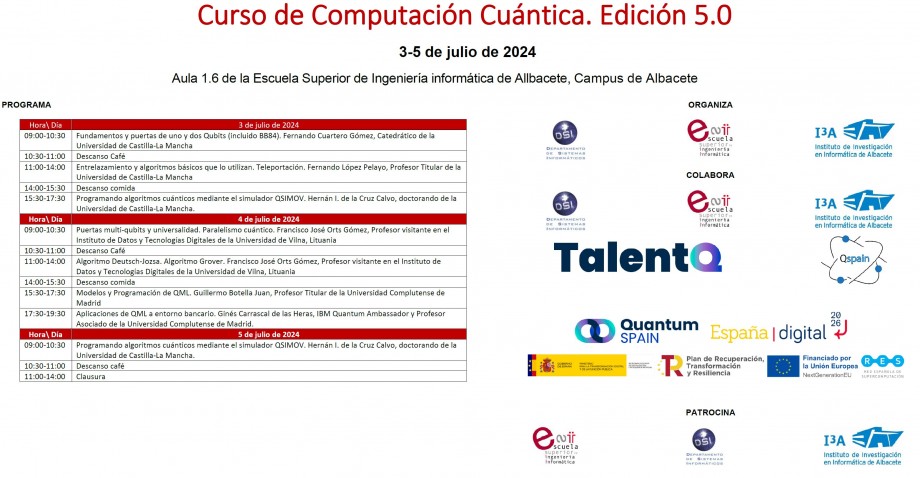
Computación Cuántica: pasado, presente y futuro
La computación cuántica es un nuevo paradigma de programación, muy diferente a la programación convencional, que se basa en los principios de la mecánica cuántica. El uso de los no tan futuros computadores cuánticos incrementará sobremanera la capacidad de cálculo de la que disponemos hoy en día. Es por ello que está despertando gran interés en diferentes sectores tanto científicos como industriales. Sin embargo, en los curriculos de las universidades españolas es complicado encontrar formación en esta nueva forma de entender la computación. Es por eso que el presente curso pretende establecer unas bases de conocimiento sobre la computación cuántica, que supondrá un primer paso en la formación de los estudiantes y/o profesionales que quieran acercarse y sientan curiosidad por esta emergente área científica.
Computación Cuántica Valencia
The purpose of this meeting is to present the scientific work of researchers collaborating in the Quantum Spain project in Valencia.
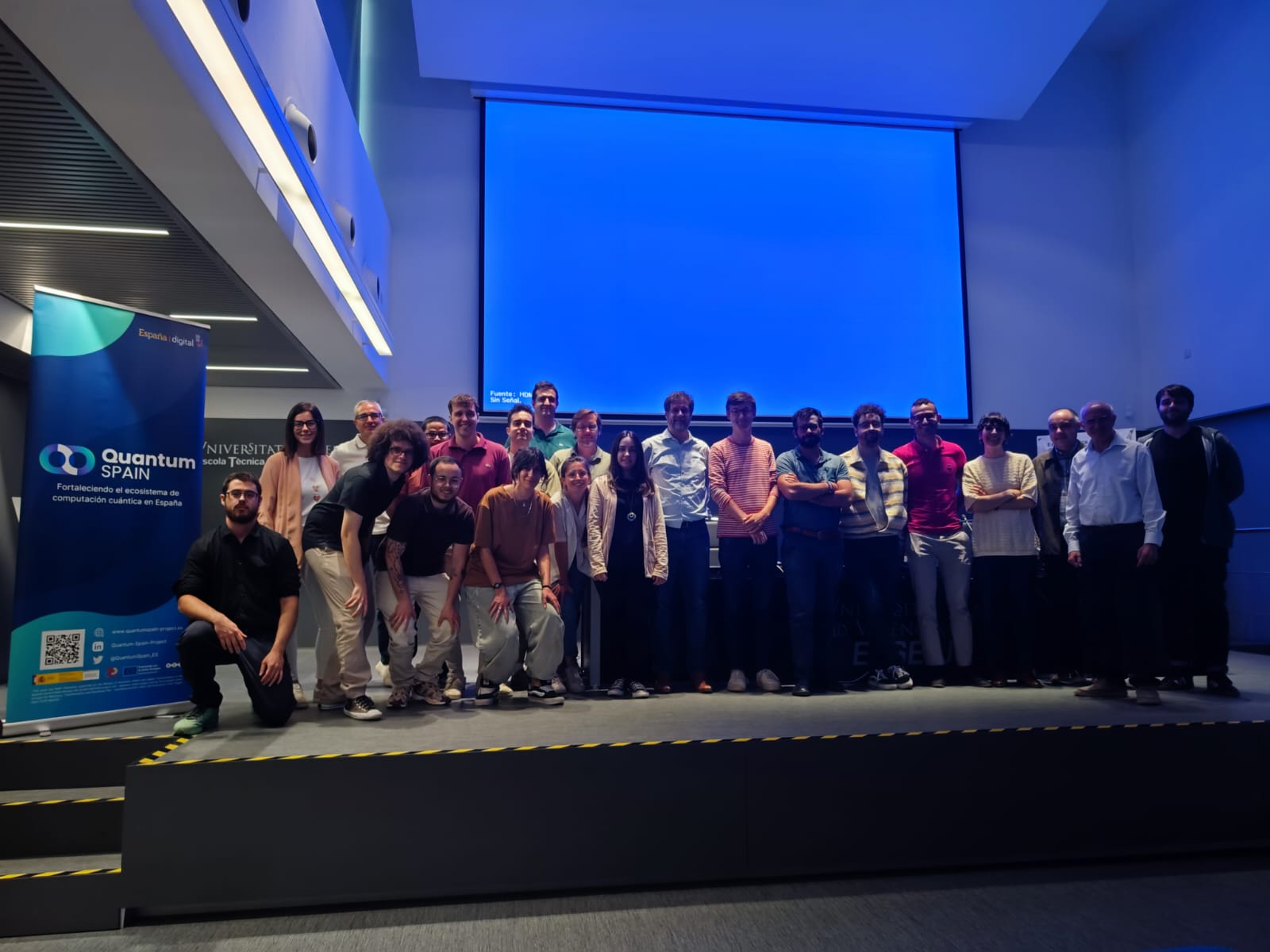
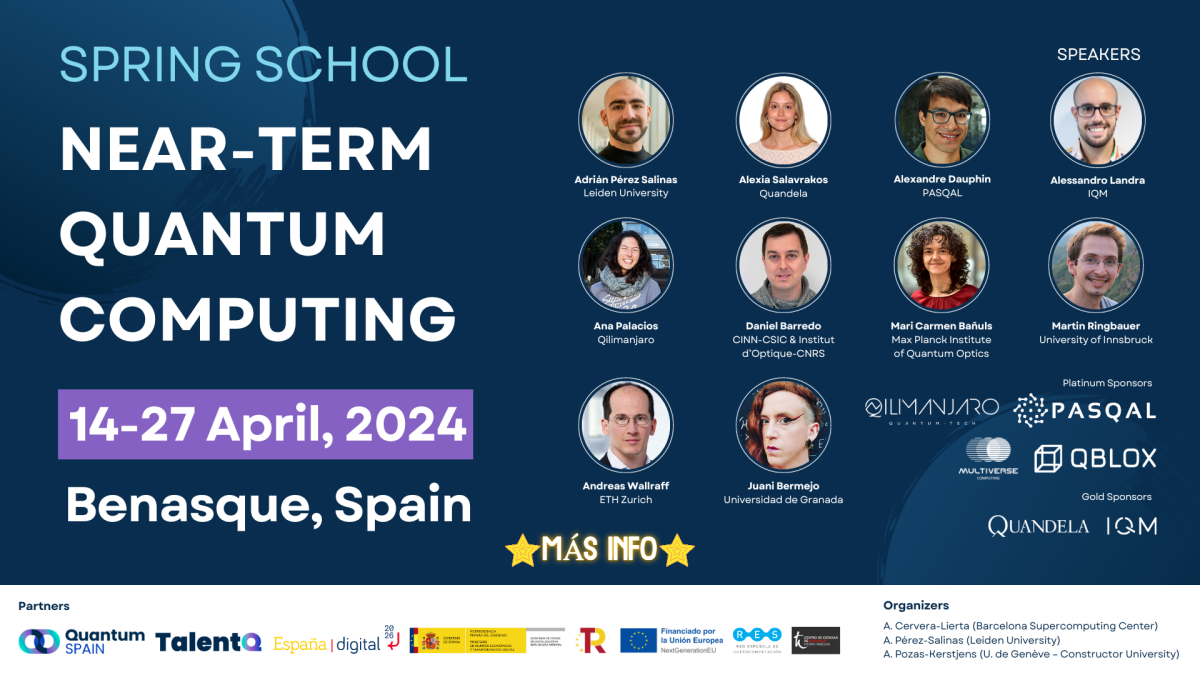
Spring School on Near-Term Quantum Computing
Quantum computing has experience huge scientific growth recently. What 10 years ago were a few prototypes of qubits in closed university laboratories are now fully fledged quantum computing devices, made of tens or even hundreds of qubits and substantially improved quality, and getting closer to fault-tolerance thresholds. Moreover, the existence and development of several quantum computing technology platforms enrich the scientific panorama and provide excellent grounds to discover new physics.
In parallel to the experimental development of quantum computers, the theory behind their potential applications has also grown and widened. Several scientific fields are coming together to extract the most from current-term quantum devices while preparing new algorithmic solutions for future quantum computers. Developing optimal and precise software solutions is crucial to bridge the gap between the hardware and the algorithms that lead to new discoveries provided by this new computational paradigm.
Taller Computación de Inspiración Cuántica
La formulación de problemas de optimización con tecnología de inspiración cuántica constituye un primer paso hacia la implementación efectiva de la Computación Cuántica, ya que permite explorar aplicaciones para esta tecnología en problemas de reales que no son abordables hoy en día con un computador cuántico actual. Una vez la tecnología cuántica esté lo suficientemente madura, la migración del problema a un computador cuántico sería inmediata.
El curso consta de tres sesiones que combinan introducción teórica y talleres prácticos donde se resolverán problemas reales de interés en la industria.
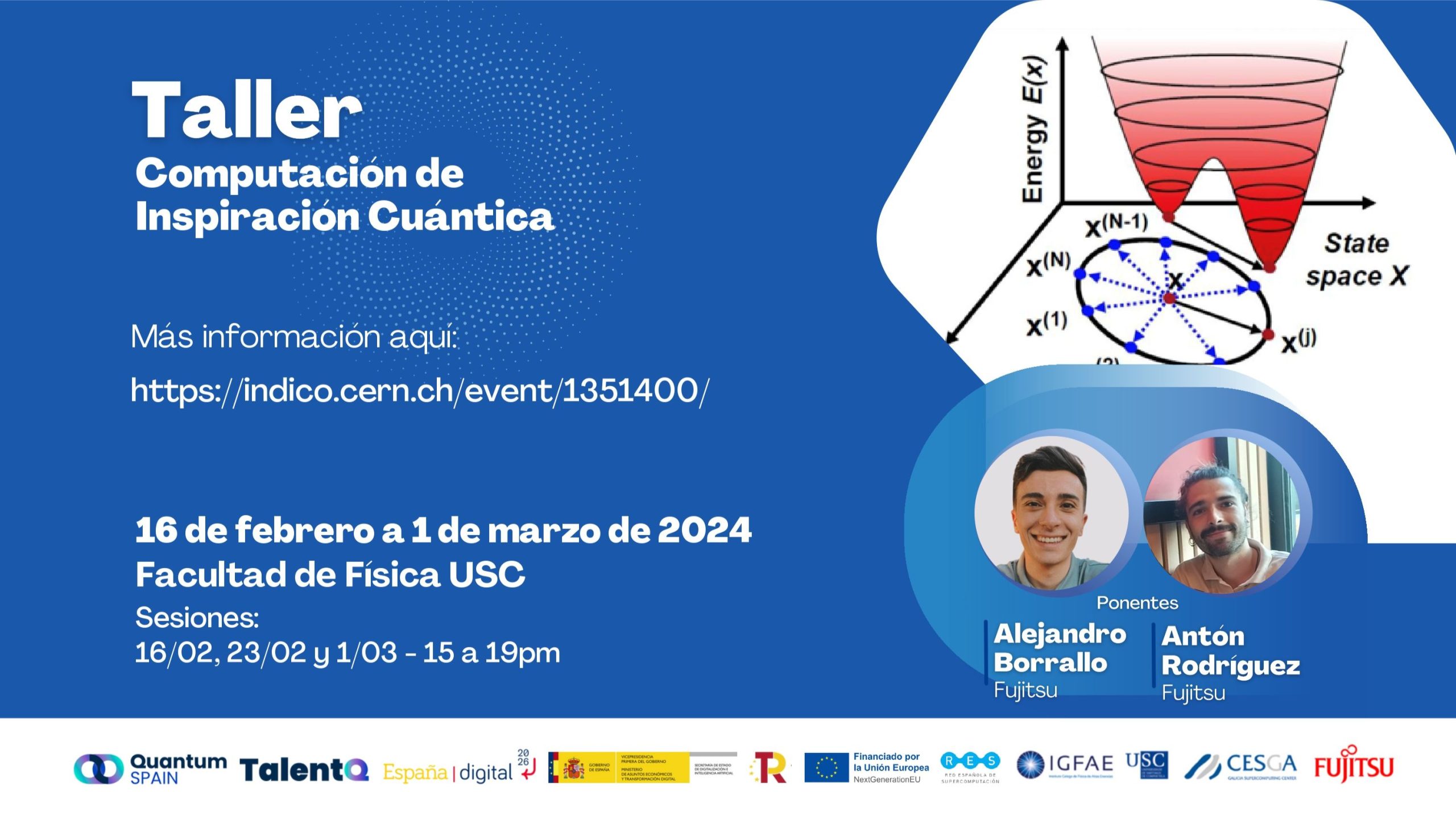
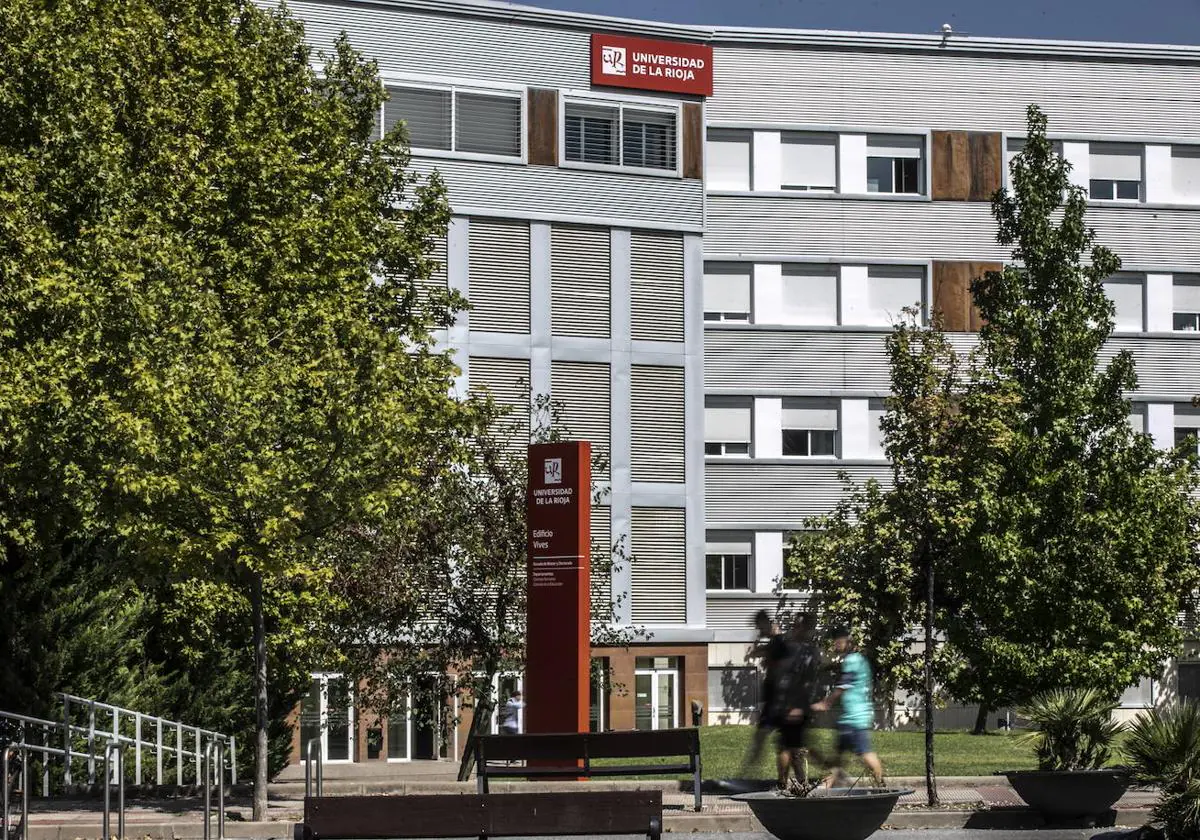
Curso de Introducción a la Computación Cuántica
El curso está dirigido a personas interesadas en este paradigma de computación y no exige requisitos previos más allá de las matemáticas preuniversitarias. Destinatarios ideales son estudiantes de grados científicos, técnicos o grado en matemáticas, profesorado de dichos grados, o estudiantes de máster y doctorado.
Introduction to Tensor Networks
Among quantum-inspired classical computing approaches to Quantum Simulation, Tensor Networks stand out as a promissing avenue to handle problems whose solutions involve a bounded amount of entanglement.
This course provides an introduction to the use of Tensor Newtorks.




